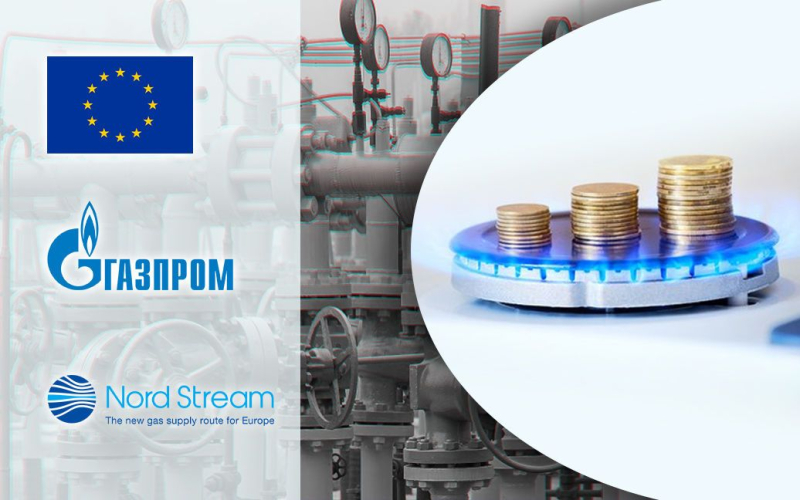
< p>Countries served by this gas transit route, including Austria, Italy and Slovakia, will be able to secure supplies from alternative sources.
The European Union sees no need to extend the agreement on transporting Russian gas to Europe through Ukraine, which expires at the end of 2024.
European Commissioner for Energy Kadri Simson announced this on Thursday, February 15, reports Reuters.
Under the five-year transit agreement agreed between Russia and Ukraine, the Russians export natural gas to Europe through Ukraine and pay Ukraine for use of its pipeline network. Ukraine has already stated that it will not begin negotiations with Russia on the extension of this agreement.
Kadri Simson clarified that the EU analysis shows that countries served along this gas transit route, including Austria, Italy and Slovakia, will be able to secure supplies from alternative sources.
“We are not interested in extending the trilateral gas agreement with Russia, which expires at the end of this year. Based on our preliminary analyses, there are alternative supply solutions for these countries, which continue to receive certain volumes of gas through the Ukrainian route,” Kadri Simson told members of the European Parliament committee.
Europe is trying to eliminate its dependence on Russian gas imports after the Russian invasion of Ukraine. According to S&P Global Commodity Insights, Europe receives about 12 billion cubic meters of gas per year through pipelines from Ukraine. For comparison, before the war in Ukraine, Russia supplied Europe with 155 billion cubic meters of gas per year.
Read the leading news of the day:
Analysts believe that the termination of the agreement on the transit of Russian gas through Ukraine will lead to a slight increase in gas prices in Europe, but will not threaten the overall energy security of Europe. EU member states have invested heavily in liquefied natural gas and renewable energy to replace energy from Russia. Another factor that helped reduce dependence on Russia was a significant drop in gas demand, caused in part by weak activity in the industrial sector.
We recall that earlier Russian Deputy Prime Minister Alexander Novak said that Russia is ready to negotiate with the European Union on natural gas supplies, since the transit agreement with Ukraine expires at the end of 2024.
Related topics:
More news

